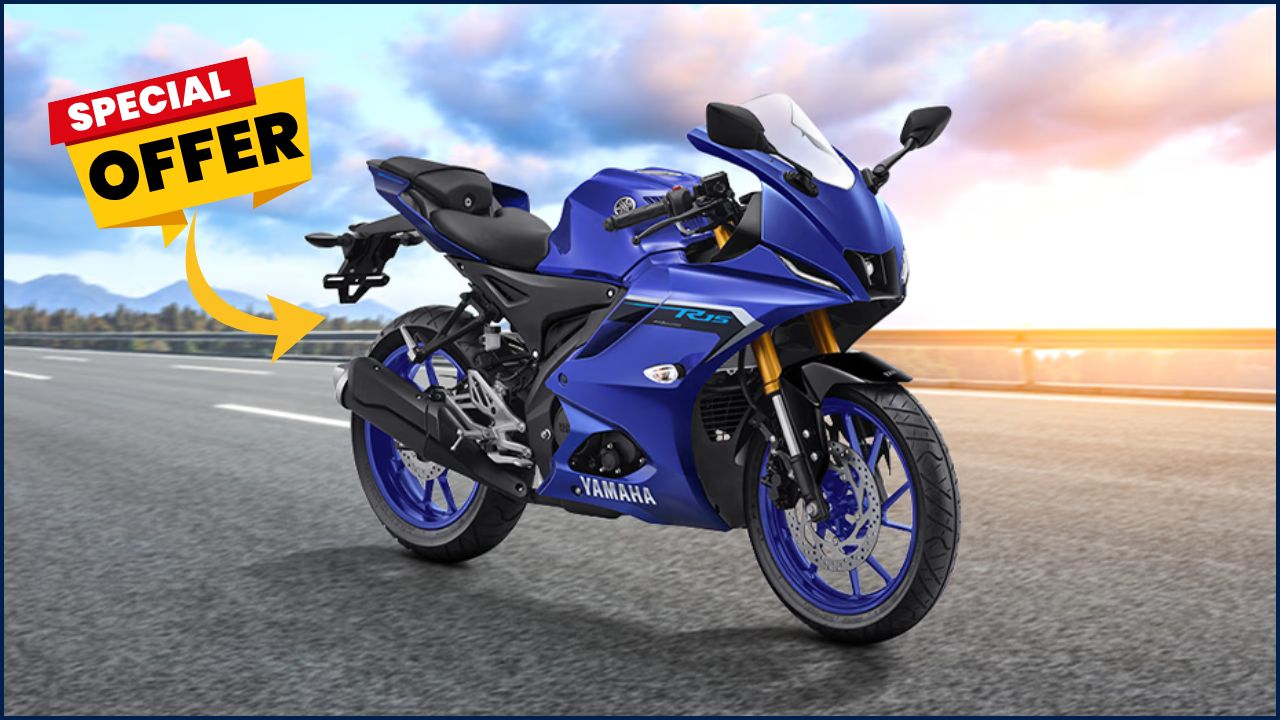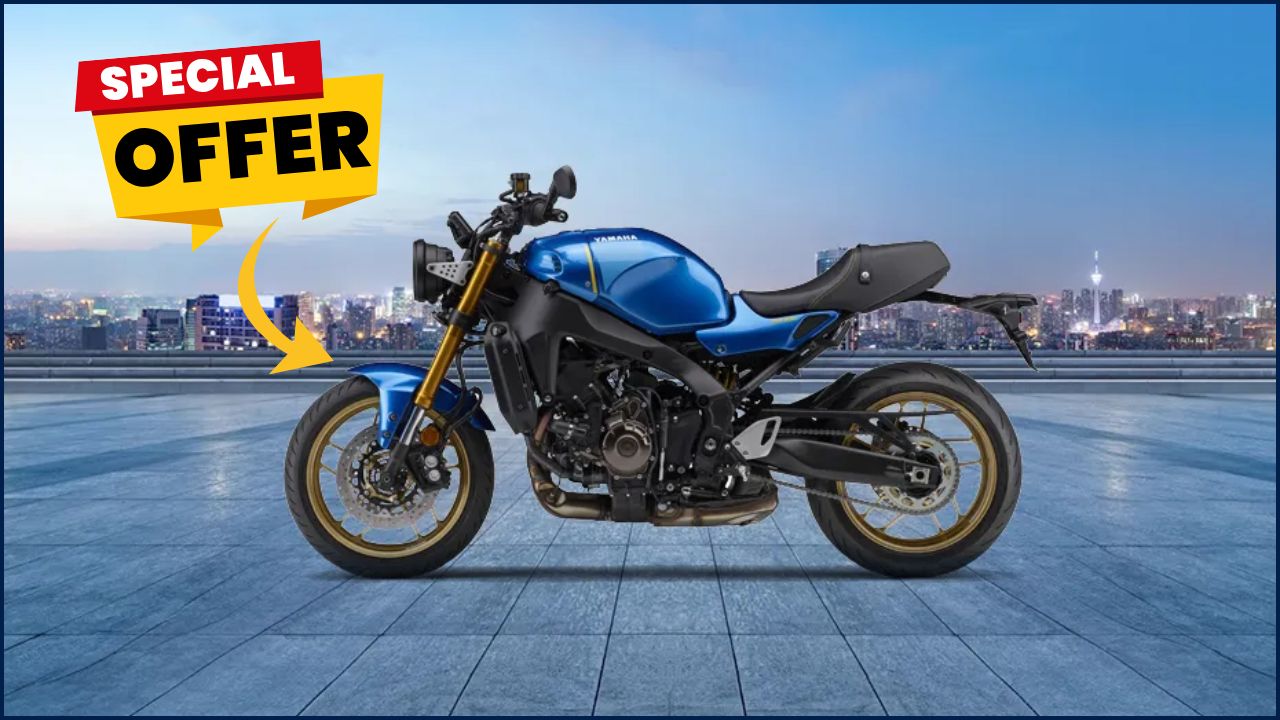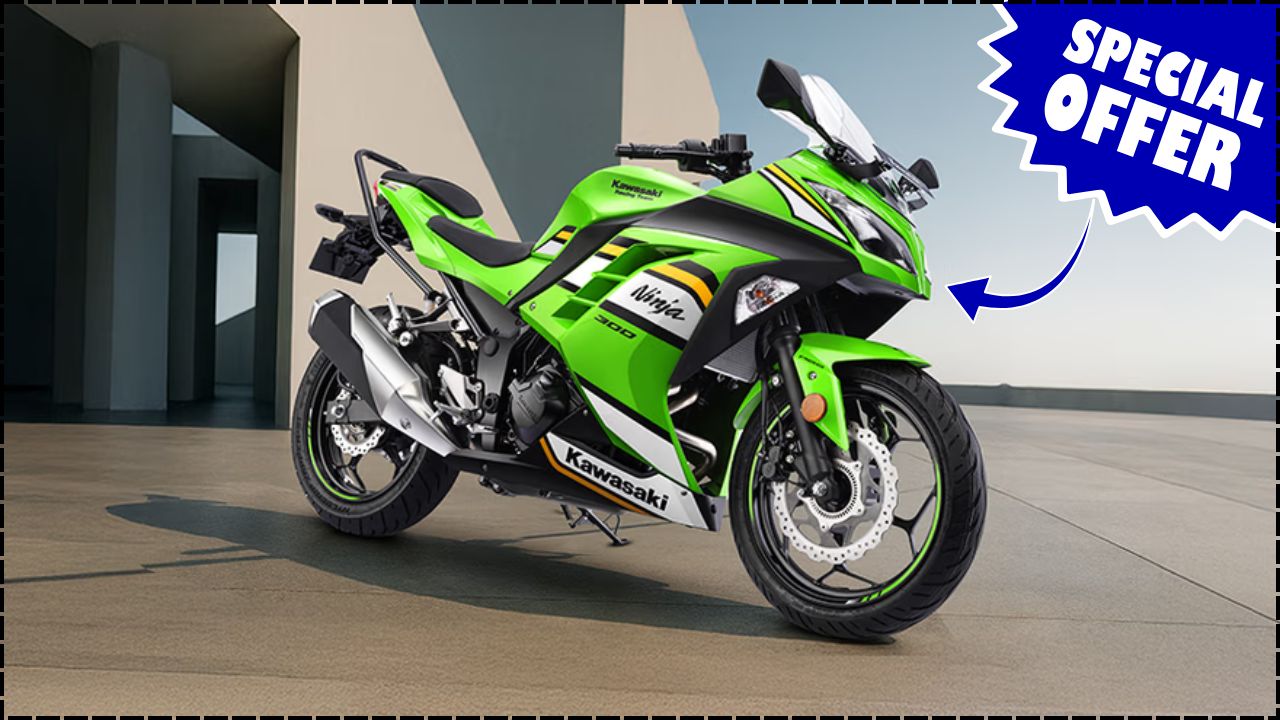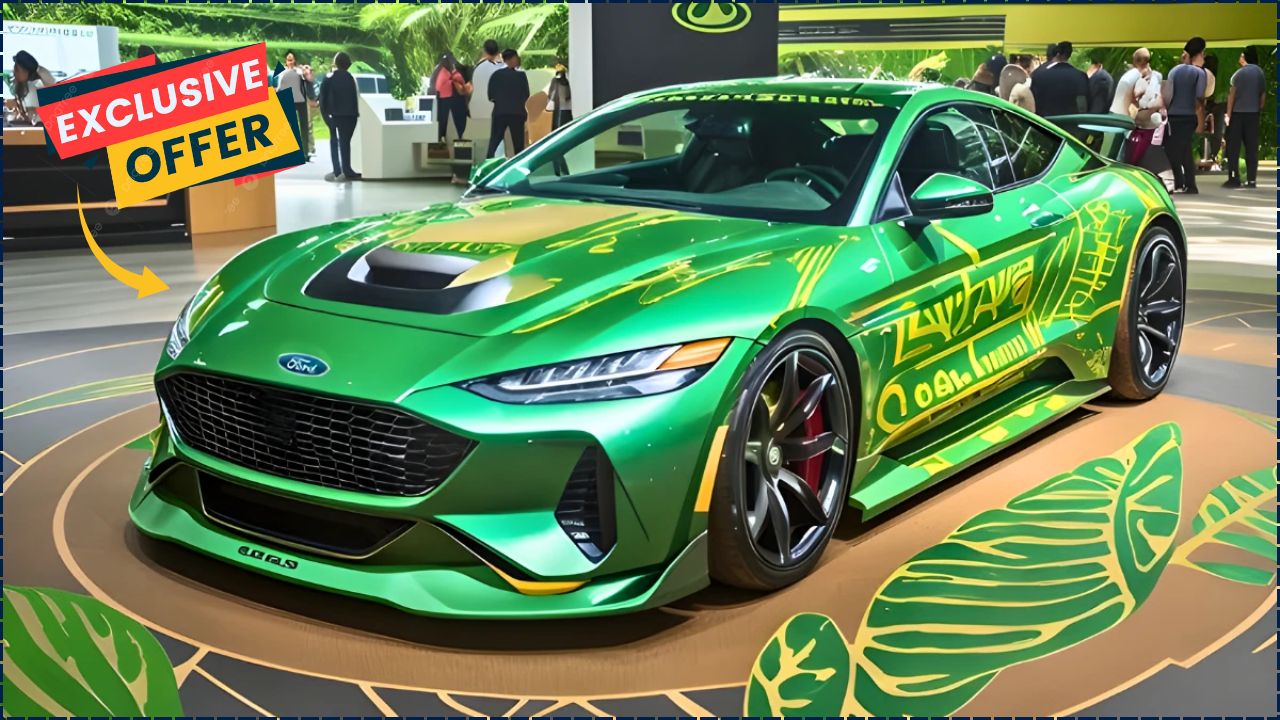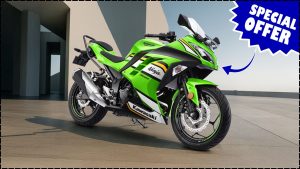Honda Motorcycle & Scooter India (HMSI) has launched the Honda Activa Electric 2025, its first fully electric scooter in India, at the Bharat Mobility Global Expo 2025 in New Delhi. While social media posts have gone viral claiming a “580KM range” and “massive discounts,” official specifications confirm a more realistic range of 102KM per charge — reflecting Honda’s practical approach to India’s urban mobility needs.
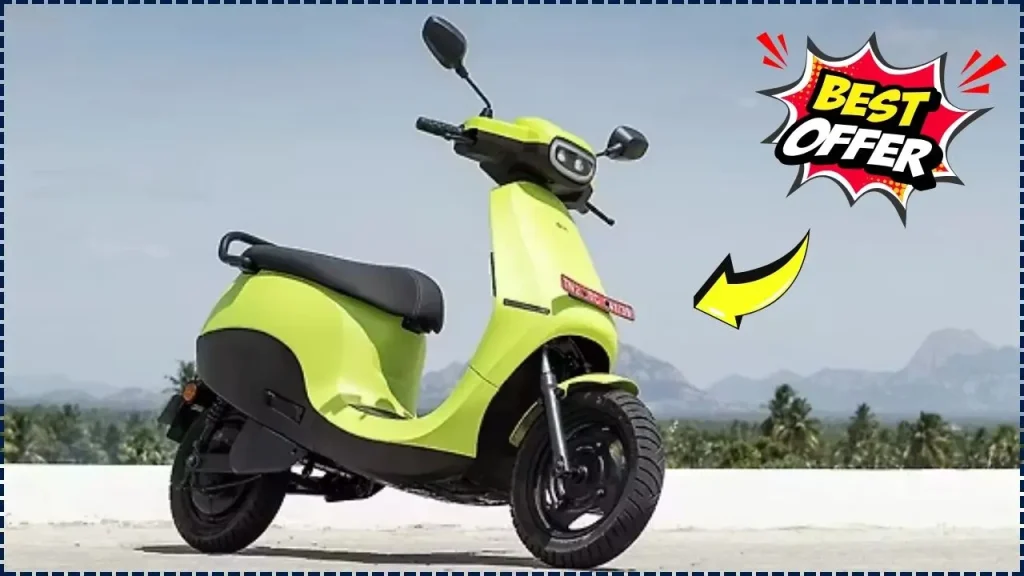
The 2025 Honda Activa Electric brings the brand’s legendary reliability to India’s electric era — combining realistic range, practical battery-swapping, and smart connectivity. Despite viral misinformation about range and discounts, the scooter represents a measured, credible step toward electrified mobility in one of the world’s largest two-wheeler markets.
Table of Contents
Honda’s First Electric Activa: What’s Official
The Activa e, unveiled in February 2025, carries forward the styling of India’s most successful scooter brand but introduces a new architecture. The model is powered by a 6kW motor, uses two 1.5kWh removable lithium-ion batteries, and delivers a certified range of 102KM (IDC cycle).
Charging takes about 5 hours via home AC charging, but Honda’s real innovation lies in its battery-swapping system, enabling riders to exchange depleted batteries at designated swap stations within minutes. Speaking to the press, Atsushi Ogata, Managing Director and CEO of HMSI, said:
“The Activa e represents our commitment to electrifying everyday mobility in India through safe, practical, and sustainable technology.
We believe this approach suits India’s infrastructure and usage realities better than chasing extreme range figures.”
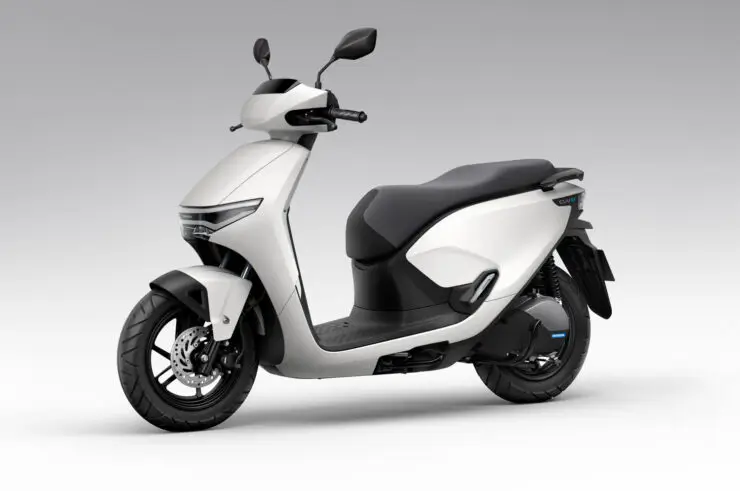
Pricing and the “Massive Discount” Buzz
Honda priced the Activa e at ₹1.17 lakh (ex-showroom). Contrary to viral claims of heavy markdowns, no official nationwide discount has been announced. Dealership-level incentives, such as exchange bonuses or festive financing plans, are common but limited.
Automotive journalist Aditi Nair from Auto Monitor India clarified:
“The term ‘massive discount’ often surfaces through dealer advertising rather than manufacturer offers.
As of November 2025, Honda India has not issued any official rebate or cash-back on the Activa e.”
Buyers are advised to verify offer authenticity with authorised Honda outlets before purchase.
Design and Smart Connectivity Features
The Activa e integrates Honda’s Smart Connected System, enabling:
- Bluetooth smartphone connectivity for navigation and theft alerts.
- Digital instrument cluster showing charge, range, and station locator.
- Ride analytics for eco and performance modes.
The model maintains the ergonomic comfort of its petrol predecessor, while weight distribution has been optimised for balance and low-speed stability — crucial for Indian traffic conditions.
Infrastructure and Battery-Swapping Network
Honda’s battery-swapping plan is one of India’s largest private mobility infrastructure projects. The company, through its subsidiary Honda Power Pack Energy India Pvt Ltd, has already set up pilot swap stations in Bengaluru, Delhi, and Ahmedabad, with nationwide rollout to 30 cities by 2026.
Each station supports quick swaps under two minutes, similar to Taiwan’s Gogoro Network, which has inspired Honda’s modular approach. The Battery-as-a-Service (BaaS) model allows customers to rent batteries for ₹678 per month, reducing upfront costs and ensuring consistent battery health.
“This approach reduces ownership anxiety and addresses charging space constraints in Indian households,” said Anita Krishnan, analyst at BloombergNEF.
The Range Debate: 580KM vs. 102KM
Honda officials have clarified that the “580KM range” reported online is misinformation. Experts suggest it likely resulted from a misunderstanding of total potential coverage across multiple battery swaps rather than per charge.
Dr. S. Raghavan, professor of automotive systems at the Indian Institute of Technology Madras, explained:
“A 580KM range from a 3kWh battery is scientifically impossible given current lithium-ion energy densities.
Consumers must distinguish between practical daily range and theoretical cumulative figures.”
Honda’s realistic 102KM claim aligns with Bureau of Indian Standards (BIS) testing and the Indian Driving Cycle (IDC) framework used by all certified electric two-wheelers.
Honda’s Broader EV Strategy
The Activa e forms part of Honda’s ₹7,000 crore investment to localise EV production in India over the next decade.
The company has pledged to launch five new electric two-wheelers by 2030, including potential high-performance variants and long-range Activa e+ models.
Globally, Honda has introduced similar small-capacity EV scooters such as the EM1 e: in Japan and Europe, using the same removable battery platform. The India-focused version has been adapted for heat tolerance and variable road conditions.
Market and Policy Context
India’s electric two-wheeler market grew by 42% in 2024, according to the Society of Indian Automobile Manufacturers (SIAM).
Government policies such as FAME-II (Faster Adoption and Manufacturing of Electric Vehicles) and state-level subsidies have accelerated demand, though infrastructure challenges remain.
The proposed FAME-III policy, expected in 2026, is likely to favour localisation, battery recycling, and cost efficiency — aligning with Honda’s domestic manufacturing plans.
By leveraging its extensive dealer network, Honda aims to compete directly with Ola Electric, TVS Motor, and Ather Energy — companies that currently dominate the premium EV scooter segment.
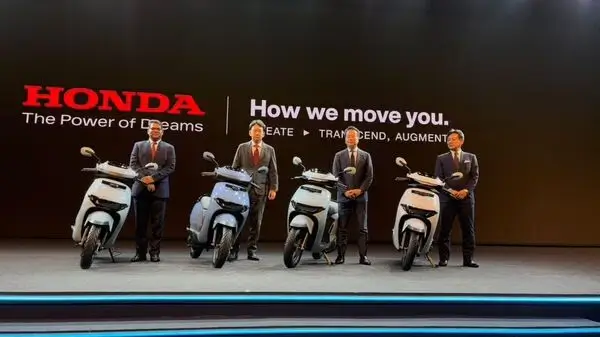
Expert and Consumer Perspectives
Industry experts view Honda’s cautious entry as strategic.
Rohan Mehta, automotive consultant at CRISIL Research, said:
“Honda is betting on reliability and service reach rather than aggressive specs.
In India, customer confidence and dealer accessibility often matter more than raw range numbers.”
Early consumers share mixed but optimistic views. “I trust Honda’s build quality,” said Ritika Kapoor, a Bengaluru commuter. “The swappable battery saves time, and I’d rather have a smaller range that’s real than exaggerated numbers.”
Related Links
Environmental Impact
Each Activa e is projected to reduce about 1 tonne of CO₂ emissions per year compared with a petrol Activa, according to the International Energy Agency (IEA). If Honda achieves its internal target of 500,000 Activa e units by 2027, the cumulative impact could equal removing more than 200,000 passenger cars from Indian roads annually.
Outlook
The Honda Activa Electric 2025 is less about superlative range claims and more about scalable, real-world mobility. Its success may depend on how quickly Honda expands its swap network and whether government policies continue to incentivise urban EV adoption.
While misleading headlines touting “580KM range” or “massive discounts” dominate social media, the verified story is one of steady electrification, not sensationalism. For most Indian commuters, the Activa e’s focus on affordability, reliability, and low maintenance may prove more impactful than chasing unrealistic range figures.


